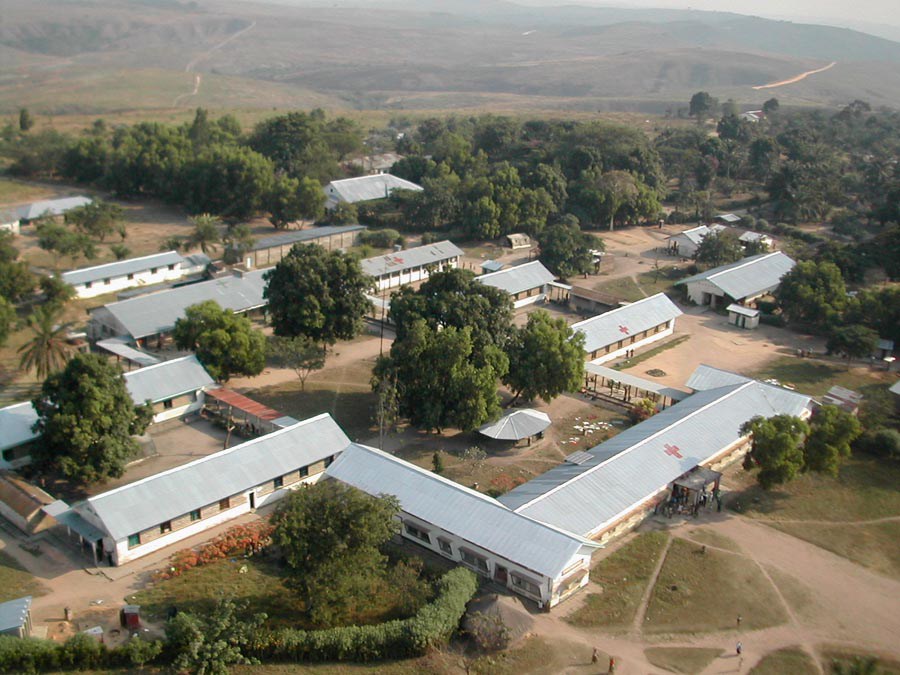Ten people have died since mid-December when a cholera epidemic hit three provinces in the far north of Angola.
Said Angolan Health Minister Luis Sambo as outlined here below
“We have already recorded 150 cases of confirmed cholera, 10 of which have resulted in the death of the patients, 7 in the province of Zaire and 3 in the province of Cabinda,” Sambo told the media after the meeting led by Vice-President Manuel Vicente.
He added that a few other cases were recorded in Benguela province where an interim health check was launched between December
14 to January 23.
“We have already recorded 150 cases of confirmed cholera, 10 of which have resulted in the death of the patients, 7 in the province of Zaire and 3 in the province of Cabinda.”
The health minister announced the establishment of an emergency plan to curb the epidemic including “treating drinking water, enforcing rubbish collection, informing and educating communities.”
Angola has faced cholera epidemics since 2006 as a result of poverty, inadequate water and sanitation systems and limited access to health services.
Cholera causes severe diarrhea and sometimes fatal dehydration. It is caused by the absorption of water or food contaminated with vibrio bacteria, present in fecal matter.
According to the World Health Organization (WHO) annual report, the cholera epidemic affected more than 21,750 people and killed 517 last year in the Democratic Republic of Congo (DRC) before launching the vaccination of 300,000 people in Kinshasa.
Kinshasa times / Africanews


